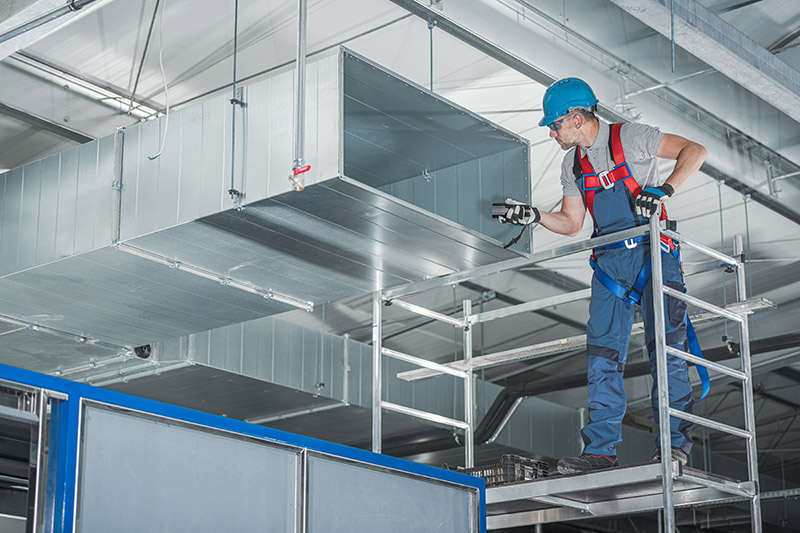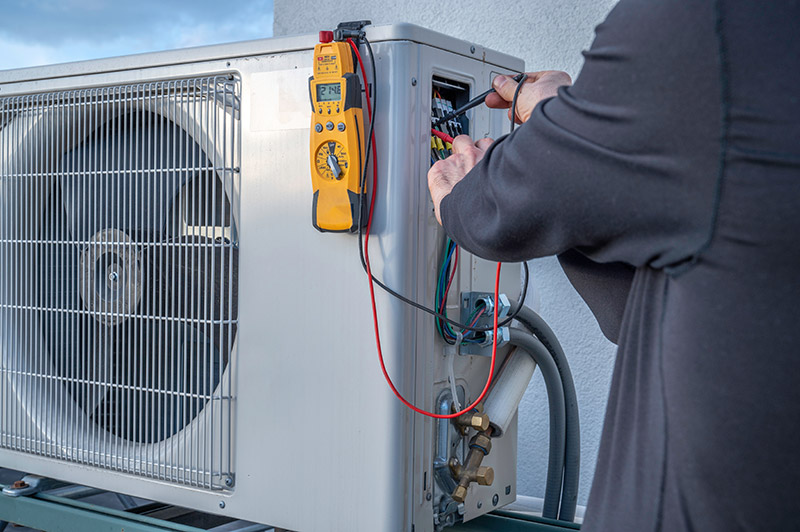What Does
HVACR
Stand For
?
The acronym HVACR represents a multi-skilled industry.
There is no single HVACR license, credential, or apprenticeship, rather, HVACR is made up of many skills and trades, each with their own certification paths. Let’s discover some of the skills that make up this highly in-demand industry.

H = Heating
Services and products within this category are associated with the heating of residential homes and commercial buildings. In residential homes it refers to the installation and servicing of gas, oil or propane furnaces, hot water radiators or electric baseboard heaters. Additionally, with the ongoing global transition away from carbon-based and low-efficiency heating systems (like oil, gas and electric), heat pumps, which manage both heating and cooling operations, can be added to this list.
The knowledge and skills required to work on heating systems include plumbing, electrical, gas fitting and, to a lesser degree today, oil burners. There are several minimum and advanced Certificate of Qualifications required to work on these systems that are province/territory specific. Refer to the Connect to Training page for more details.
V = Ventilation
A residential or commercial forced-air heating and cooling system draws air through a network of ducts that run throughout a building to regulate the indoor temperature. Ductwork is made from sheet metal. Room registers and vents circulate the air with dampers within the ductwork to allow for finetuning airflow control.
The knowledge and skills required to build and maintain ventilation systems comes from both an understanding of air flow mechanics and how to work with sheet metal to build the ductwork. Refer to the Connect to Training page for more details.
ACR = Air Conditioning & Refrigeration
The AC and R letters of HVACR, stand for air conditioning and refrigeration. Work sites are outdoors and indoors and range from residential to commercial air conditioning and refrigeration systems. Commercial refrigeration requirements include large cold food storage and indoor ice rinks. Think of central air conditioning systems for residential applications (i.e., not window air conditioners).
The knowledge and skills required to work on these systems include the safe handling of refrigerants along with many of the same skills associated with plumbing, electrical, and heat pumps. A Certificate of Qualification is required to work on these systems that are province/territory specific. Refer to the Connect to Training page for more details.
 Skip to main content
Skip to main content


